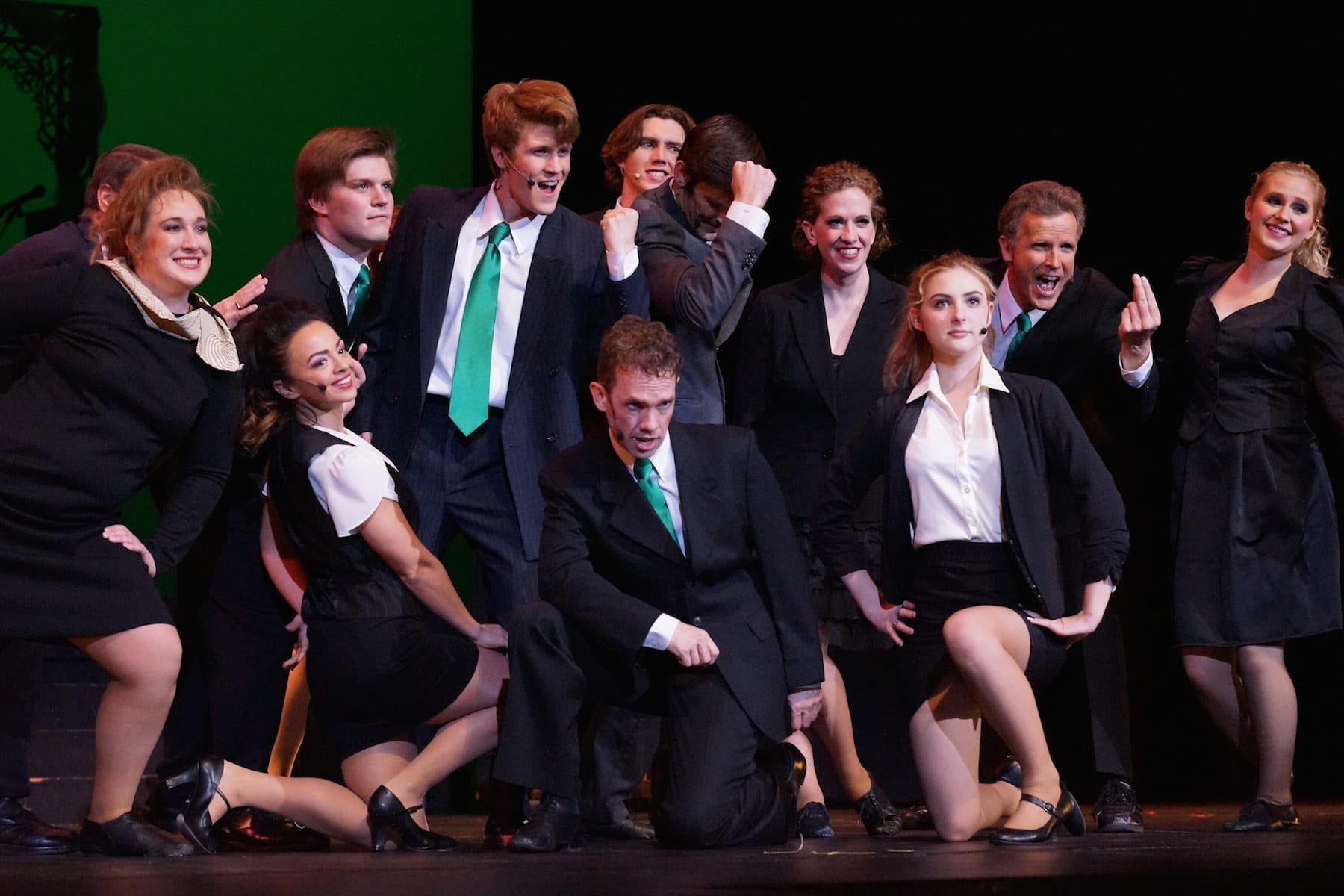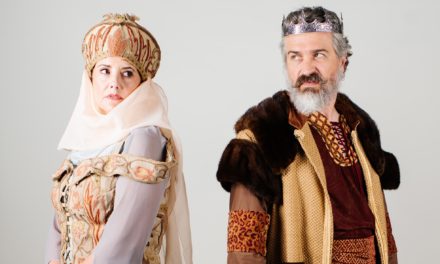SALT LAKE CITY — Even people with glass houses have skeletons in their closets.
Novelist Brooke Wyeth is overcoming a serious battle with depression in the best way she knows how: by finishing a new book. At the start of Jon Robin Baitz’s award-winning drama Other Desert Cities, Brooke (played by Nancy Lemenager) visits her parents for Christmas in Palm Springs, her new manuscript in hand. How will they react?
Not well. Brooke’s book is not the novel her family expects; it’s a memoir detailing the events leading to her brother Henry’s suicide some years before. While penning the book may have provided Brooke with solace and closure, its pending publication dredges up pain and mortification for her parents. Christmas is sure shaping up to be jolly.
On the surface, the Wyeth clan is typical in its dysfunction. Overbearing matriarch Polly (played by Joyce Cohen) is balanced by the laissez faire calm of her faded actor-turned-ambassador husband Lyman (played by Dennis Parlato). At Lyman’s insistence, Polly’s estranged sister Silda (played by Kate Skinner), fresh out of rehab, has moved in. Brooke’s younger brother Trip (played by Michael Zlabinger) a reality TV producer, tries to get his family to take his chosen career seriously. Naturally, there are secrets lurking beneath the surface, and many connect back to Henry and his suicide.
The fine ensemble, under the more than capable directon of Charles Morey, navigate the barbs and snares of Baitz’s family drama. Wit is a most effective weapon, and Morey lets the battle rage among the family members. James Wolk‘s scenic design is quite the battlefield: a mid-century modern fortress in the desert. Michael Gilliam‘s subtle lighting moves the action deftly through the day, adding to the sense of real time set up by the script.
There are a lot of ideas flying about in the play, but Baitz keeps the importance of family central, a beacon to which the characters and their tangents always return. The dialogue is clever and acerbic, though a number of his sentences wind on a little too long; that might be the peril of putting a family full of writers on stage. His scenes are intricately structured, letting family members jostle each other first at tennis, then at politics, before they take up the painful game of Truth. While the script is very well-built, watching it play out felt occasionally like a museum piece—one that is supposed to be admired from afar, much like the Wyeths themselves. Though tragedy makes this family empaethic, they are difficult to like, which actually makes them all the more real. Baitz doesn’t want his audience to see the Wyeths at their best; he wants us to see them as Brooke says, trapped in “the indentured servitude of having a family.”
Other Desert Cities is a potent family drama that draws in its audience from the beginning. Pioneer’s cohesive and satisfying production is well worth seeing.








